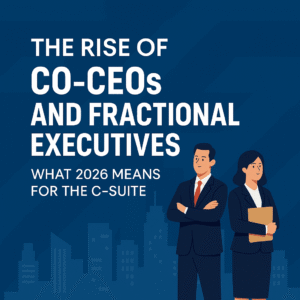

It is exciting when we hear people speaking the company has an open-door policy where any employee can go to the CEO and meet them without an appointment or waiting. When we go through a difficult time in our career, we always wish to have an open-door policy. However, most of the startups fail with the open door policy followed in the organization.
Let us get to the basics about how a startup will work. We see the impact when a new company is formed and made its way through the desired market. Each employee’s work is measured. The job assigned to you is different than to the next person in the company. Every small work makes a difference as it is a small organization and managed by a small number of people around.
Why Open Door Policy fail most of the time in a Startup? Below are a few reasons why it would fail according to the research:
The Open Dorr Policy would work in an organization that is bigger with the employee and, the Senior Management manages people rather than working with them. It is recommended to decide and think of the policy you adopt. The CEO of the company should be approachable, but not so much that everyone can go and sit in the cabin.








© THE CEO PUBLICATION 2021 | All rights reserved. Terms and condition | Privacy and Policy